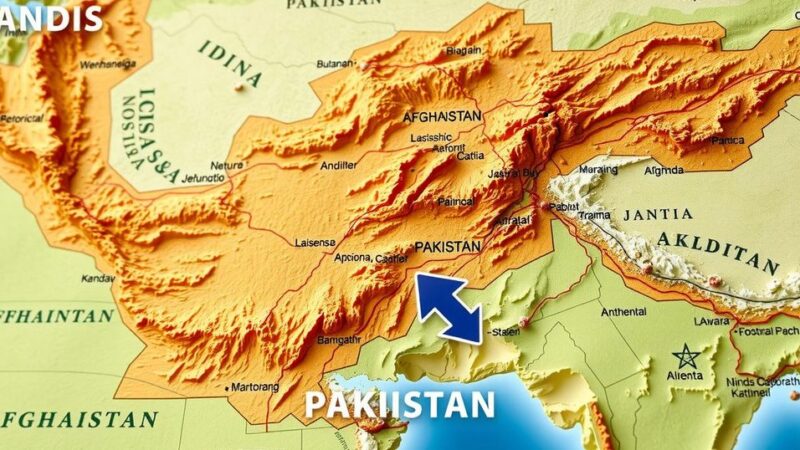Kenya, Malawi, and Papua New Guinea have been invited to accede to the Convention on Cybercrime during the 1509th Meeting of the Ministers’ Deputies on October 9, 2024. This invitation is valid for five years and stems from capacity-building activities by the Cybercrime Programme Office of the Council of Europe. With these additions, 76 States are now Parties to the Convention, highlighting an expanded international commitment to combat cybercrime.
On October 9, 2024, during the 1509th Meeting of the Ministers’ Deputies, Kenya, Malawi, and Papua New Guinea received invitations to accede to the Convention on Cybercrime, commonly known as the Budapest Convention. This formal invitation is valid for five years and represents a significant opportunity for these nations to strengthen their legal frameworks against cybercrime upon acceptance. The initiative results from extensive capacity-building efforts facilitated by the Cybercrime Programme Office of the Council of Europe (C-PROC). Moreover, the accession will ensure that these countries receive enhanced support and resources through the GLACY-e and Octopus Project initiatives.
With the addition of these three nations, the total number of States now recognized as Parties to the Convention stands at 76. Furthermore, two additional countries have signed the Convention, while 18 others have received invitations to accede. In total, there are 96 States that participate as either Parties or observers in the Cybercrime Convention Committee (T-CY), reflecting a growing international collaboration to combat cybercrime effectively.
The Budapest Convention on Cybercrime, established by the Council of Europe, serves as the first international treaty aimed at addressing internet and computer-related crimes. It provides a framework for cooperation among member states to enhance legal assistance in combatting cybercrime and ensuring appropriate measures are in place to protect digital integrity. The Council of Europe operates several programs, including GLACY-e and the Octopus Project, designed to empower States in their efforts to combat cyber threats through strategic capacity building and increased expertise in cybercrime legislation and investigation.
In conclusion, the invitation extended to Kenya, Malawi, and Papua New Guinea to join the Convention on Cybercrime marks a crucial development in international efforts to address cybercrime. Supported by the Council of Europe’s initiatives, these nations stand to benefit significantly from enhanced legal frameworks and collaborative strategies. The growing membership underlines a united commitment among States to tackle cyber threats proactively, ensuring safer cyberspaces for all participants.
Original Source: www.coe.int







